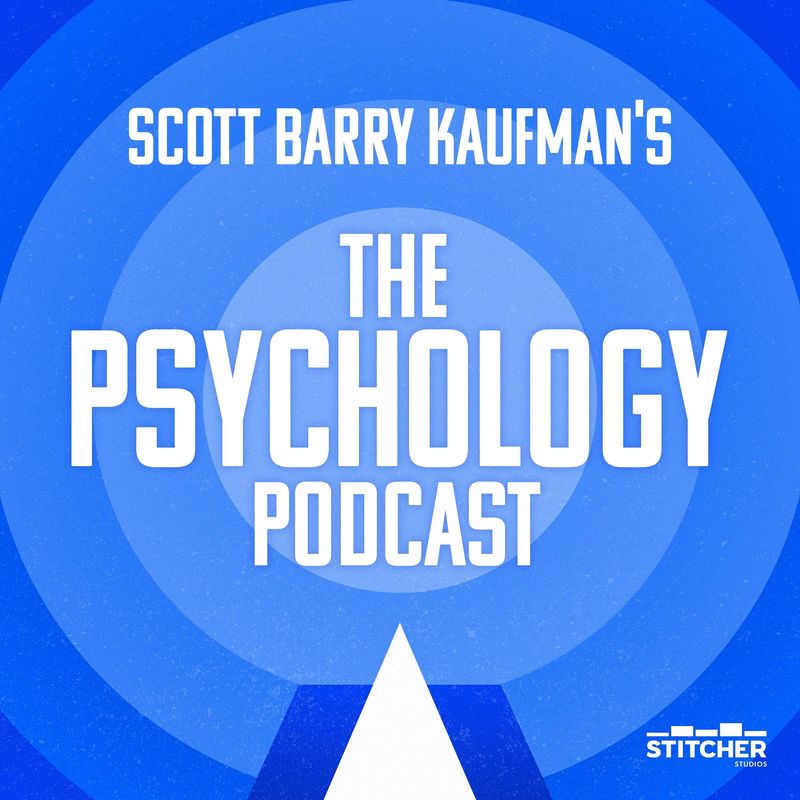
This episode currently has no reviews.
Submit Review- Podcast |
- The Psychology Podcast
- Media Type |
- audio
- Podknife tags |
- Creativity,
- Health,
- Interview,
- Psychology,
- Science & Medicine,
- Self-Help,
- Social Sciences
- Publication Date |
- Dec 10, 2020
- Episode Duration |
- 00:47:35
Today we have Matt Ridley on the podcast. Matt is the author of the recently-released How Innovation Works, as well as The Rational Optimist and several other books related to science and human progress, which have sold over a million copies. He is also a biologist, newspaper columnist, and member of the House of Lords in the United Kingdom. Topics [01:37] What it means to be a rational optimist [03:39] Evidence that the world is heading in the right direction [05:43] Giving evidence-based hope [11:23] Understanding the probabilities of life [12:42] "It ain’t what you don’t know that gets you into trouble; it’s what you think you know that ain’t so" [14:23] Why nuance is an endangered species [16:28] The reward value to truthful or insightful information [18:16] How not everybody is wired to create [20:08] Working with restricted samples [23:03] Does the lone genius really exist? [26:43] Working with naturally occurring samples versus working with restricted samples [32:10] Why stories don’t necessarily mean generalizable truths about innovation [34:05] The need to look out for unexpected results [35:00] Separating the person from the process [36:02] The phenomenon of simultaneous inventions [42:28] Why innovation requires freedom [44:38] Why innovators crave the safe space to fail [45:08] The government’s role in innovation [49:47] Biology as the science of exceptions and not rules
Support this podcast: https://anchor.fm/the-psychology-podcast/support
Today we have Matt Ridley on the podcast. Matt is the author of the recently-released How Innovation Works, as well as The Rational Optimist and several other books related to science and human progress, which have sold over a million copies. He is also a biologist, newspaper columnist, and member of the House of Lords in the United Kingdom. Topics [01:37] What it means to be a rational optimist [03:39] Evidence that the world is heading in the right direction [05:43] Giving evidence-based hope [11:23] Understanding the probabilities of life [12:42] "It ain’t what you don’t know that gets you into trouble; it’s what you think you know that ain’t so" [14:23] Why nuance is an endangered species [16:28] The reward value to truthful or insightful information [18:16] How not everybody is wired to create [20:08] Working with restricted samples [23:03] Does the lone genius really exist? [26:43] Working with naturally occurring samples versus working with restricted samples [32:10] Why stories don’t necessarily mean generalizable truths about innovation [34:05] The need to look out for unexpected results [35:00] Separating the person from the process [36:02] The phenomenon of simultaneous inventions [42:28] Why innovation requires freedom [44:38] Why innovators crave the safe space to fail [45:08] The government’s role in innovation [49:47] Biology as the science of exceptions and not rules
Support this podcast: https://anchor.fm/the-psychology-podcast/support
This episode currently has no reviews.
Submit ReviewThis episode could use a review! Have anything to say about it? Share your thoughts using the button below.
Submit Review